Goal #2: Empowerment through Employment - Reaching 15,000 by 2027
Tarek with the TBB team at the airport welcoming another candidate, Ibrahim, to Australia.
On December 13, 2018, a stream of text messages flooded a Talent Beyond Boundaries staff group chat: “Oh my God… Everyone, take a deep breath! It’s happening - Tarek got his visa,” announced one member. “I seriously can’t believe it. It’s not just his life that’s about to change - the door has now opened for generations of refugees,” another replied, “this is so profound.”
Tarek, a Syrian full-stack developer displaced in Lebanon, had just been granted a skilled visa to Australia through TBB’s government pilot. He became our first candidate to land a job offer with an Australian company - IRESS - and relocate through the program. At the time, Talent Beyond Boundaries had set a goal of ten refugee placements through skilled migration pathways.
Picture of Tarek with former IRESS CEO
Until then, our team had spent two years painstakingly negotiating with governments, engaging with international businesses, and growing our database of eligible refugee professionals. We knew we were building a sustainable innovation to transform the humanitarian landscape by mobilizing a private-sector response and promoting refugee resilience and self-reliance. However, the barriers often felt insurmountable. Tarek’s visa approval proved that this solution was no longer a distant dream.
Fast forward five years later, and our modest ten placements have transformed into over 1,300 refugees, securing a durable solution through international employment pathways via TBB. We’re now confidently gearing up for 15,000 by the end of 2027.
How will we reach 15,000?
On an individual level, our goal will lead to 15,000 refugees obtaining durable solutions, increased safety and security, income, and greater access to healthcare and education. However, on a systemic level, these individuals will pave the way for thousands - and potentially millions - who will follow in the future. Each candidate overcomes a barrier and opens a new door for others. To reach 15,000, we are taking a three-pronged approach:
Expanding Our Talent-Sourcing Program: TBB has developed a technology-driven program that matches refugees with international employers and facilitates their safe relocation. Our team also provides capacity-building support, training, and guidance throughout the process to ensure refugees are fully equipped and empowered to access this solution. Over the last year, we have expanded to working in 24 asylum countries, reaching a diverse range of refugees and collaborating with partners to overcome local barriers in each. Expansion of our program will include investing in more technology to automate our work better, reaching more referral partners, and expanding our capacity-building efforts.
Building an Ecosystem of Partners: Scaling labour mobility requires creating an ecosystem of partners to take our model forward. We work with dozens of NGOs, government bodies, international organizations, and commercial groups to support refugees, especially in securing job matches and facilitating relocations. As we grow, we plan to work with a minimum of 24 partners that will replicate our model in at least 12 countries.
Promoting and Supporting Autonomous Access: One of the most exciting aspects of our scaling strategy is the organic growth of autonomous access - or independent recruitment - where a refugee candidate can access skilled migration pathways independently. Usually, the process entails the candidate receiving a job offer first and then approaching TBB or a private migration agency for assistance with the immigration and relocation process. Autonomous access cases currently represent over 15% of TBB’s current job offers globally. In country programs like Australia, 52% of total employment matches have been secured in this manner. TBB sees immense potential in scaling through this approach; we are investing in capacity-building measures and enhanced communications to make it possible.
Candidate Impact Snapshot
What can you do to help?
As pioneers in our field, half of the work at Talent Beyond Boundaries is identifying and overcoming challenges that prevent refugees from accessing skilled migration pathways. Some examples include:
Linking refugees with language training so that they may meet the minimum requirements for their jobs and visas.
Working with local partners to enable refugees to provide alternative documentation so they may sit required exams.
Providing access to technology and stable internet for refugees to conduct interviews and prepare for exams.
However, we face two ongoing needs that urgently require our community’s support.
The first is in capacity building. The most prevalent obstacle in getting a refugee candidate to a job offer is their language skills. We are calling on all partners to help us provide access to more training, classes, and resources - especially for English and French languages - so that thousands of additional refugees become employment-ready.
The second is the need for additional resources to enable our recruitment teams to have the capacity to match refugees with opportunities at the scale we need. Our team provides customized support from CV building to mock interview training to ensure each candidate has the best foot forward to access an opportunity. We need more staff to be able to scale and provide this service to more refugees.
Our commitment to helping 15,000 refugees move for work is ambitious but doable. Endorse our pledge today and support our work to make this a reality.



